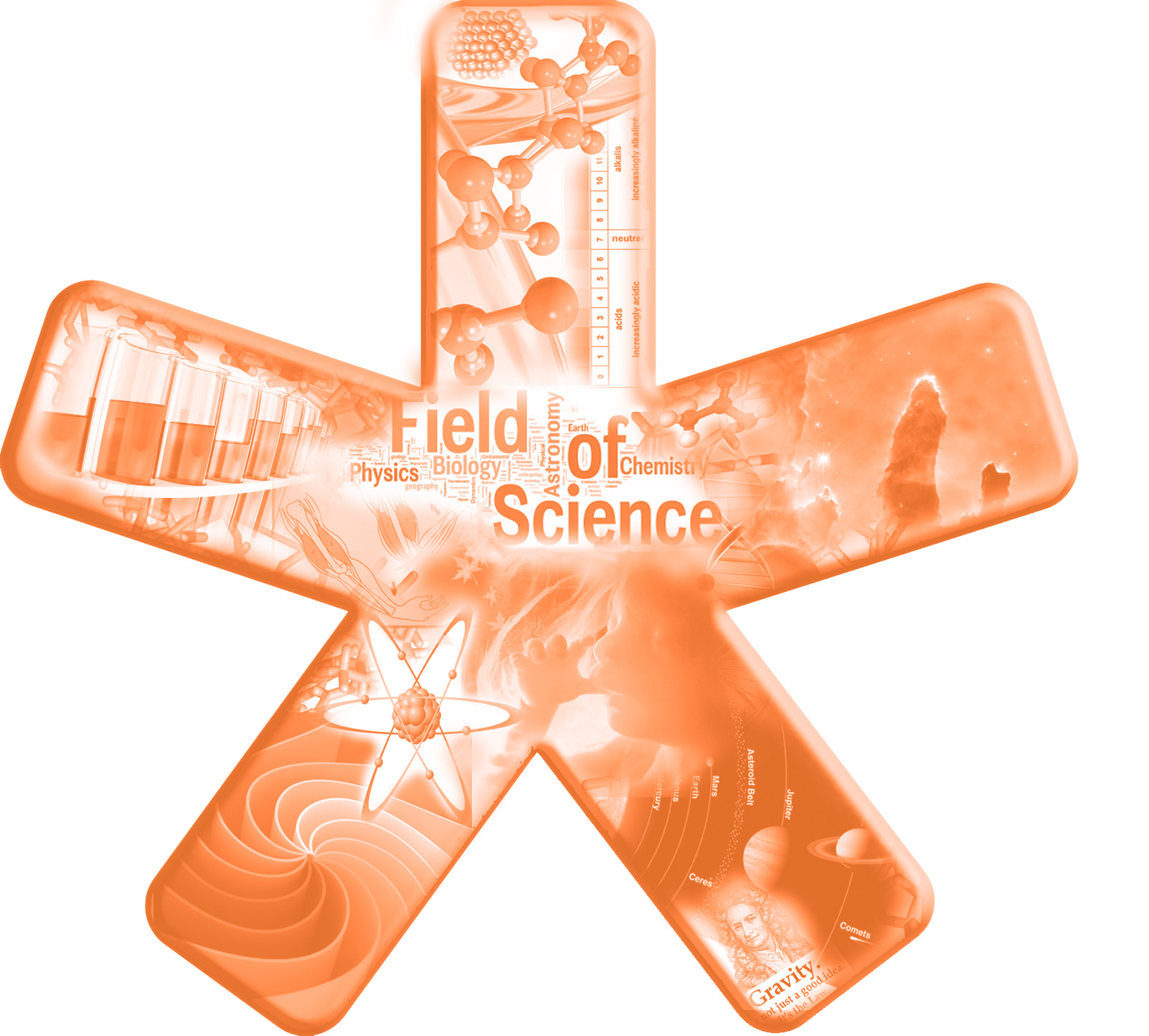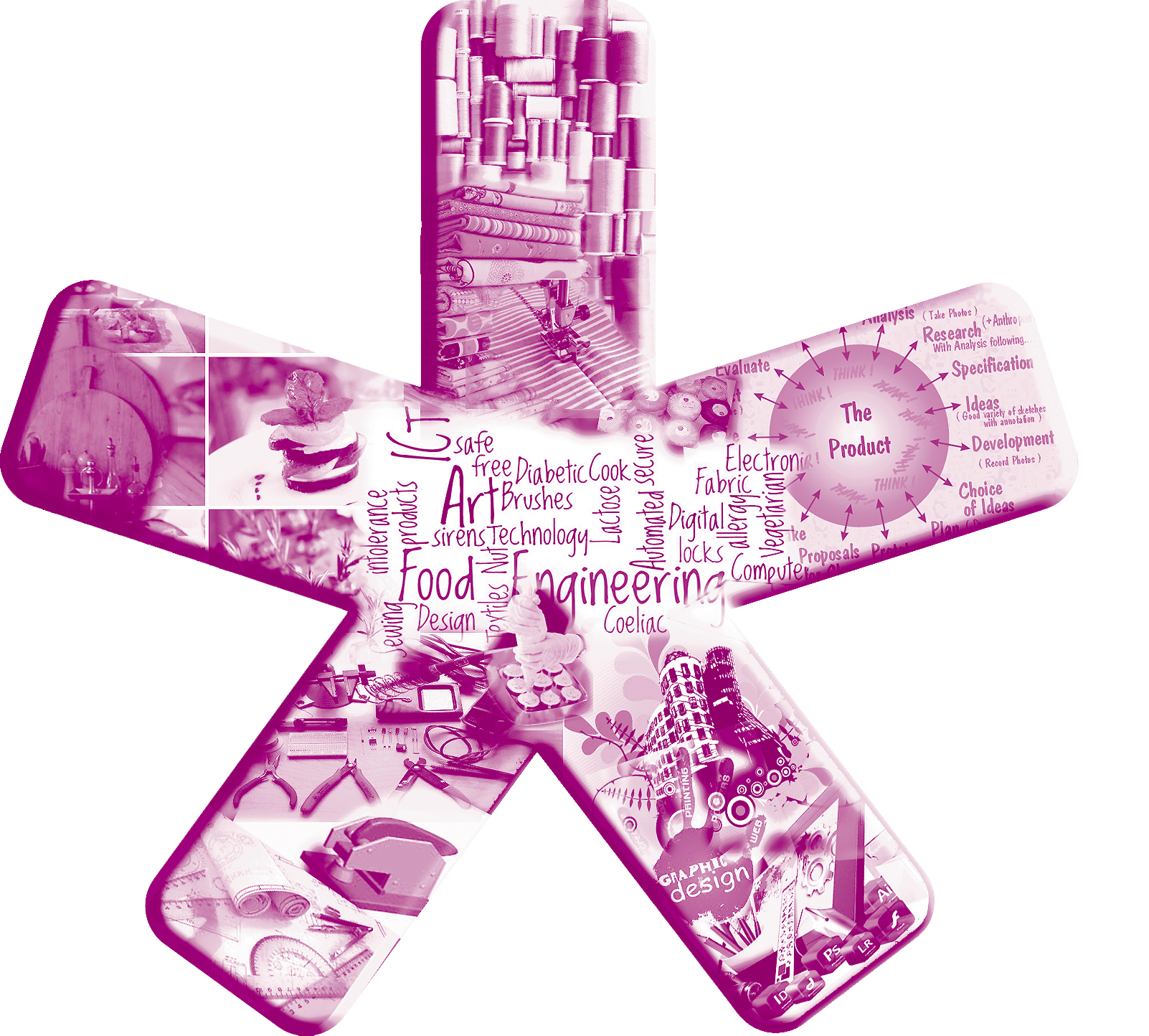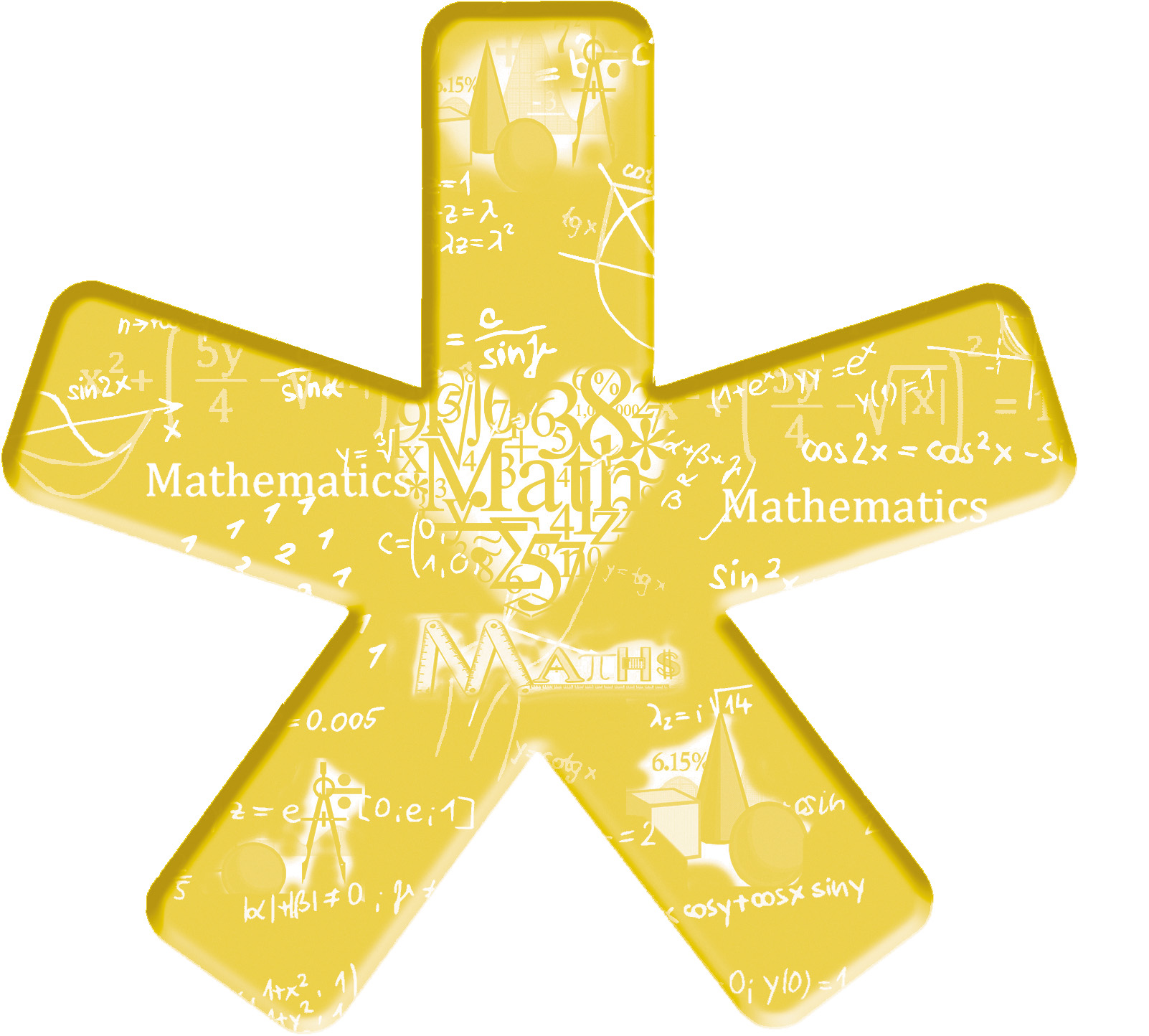Students within the Catalyst STEM Stream cover broadly the same curriculum as the rest of their year group with some notable exceptions: Biology, Chemistry, Physics, Computer Science, Engineering and Mathematics.
In order to allow access to increased curriculum time for the STEM subjects, there is a reduction in curriculum time for certain other non-STEM subjects. All Catalyst students are targeted at grade 9 in their GCSEs for the STEM subjects.
 Science
Science
Within the Catalyst Science curriculum, students study science in its three discrete components: biology, chemistry and physics taught by teachers who are specialists in these subjects. In addition to studying the knowledge required to gain a concrete understanding of the range of scientific topics, students also develop independent investigative and analytical skills as well as their experimental techniques. This allows students to build a thorough understanding of the scientific method.
 Technology and Engineering
Technology and Engineering
Within the Catalyst Technology and Engineering curriculum students have both contemporary engineering and traditional technology lessons allowing them to develop design and construction skills alongside craftsmanship.
 Computer Science
Computer Science
Within the Catalyst Computer Science curriculum students focus on coding and the ability to program which differs from what is perhaps classically referred to as IT or ICT. Their Key Stage 3 studies will better prepare students for studying this subject at GCSE and taking it beyond into their future careers.
 Mathematics
Mathematics
Within the Catalyst STEM Mathematics curriculum, students study Mathematics at an accelerated rate with the aim of completing Key Stage 3 early so that they would be ready to take an additional maths qualification to broaden and challenge their understanding of mathematics